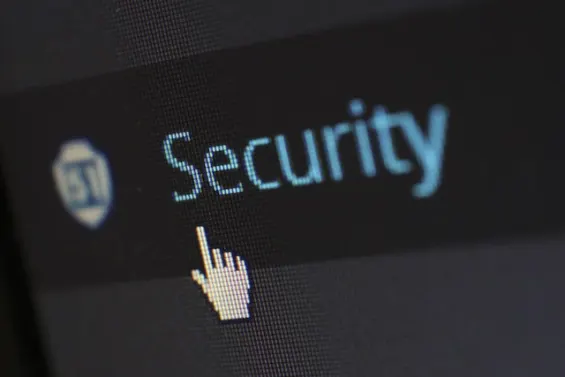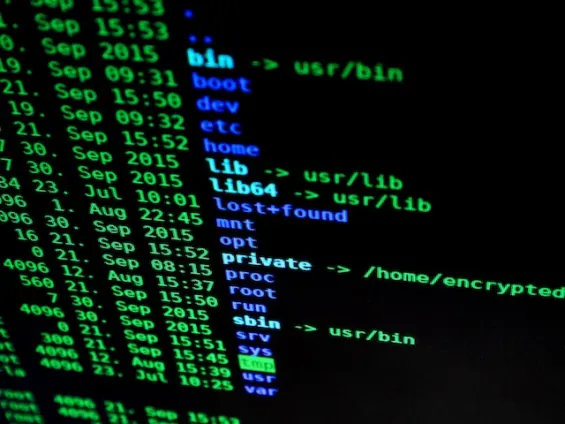This post will focus on the following topics.
- What is Cybersecurity?
- Why is Cybersecurity Important?
- What are the Different Types of Cybersecurity Threats?
- How Can I Protect Myself from Cybersecurity Threats?
- What Should I Do If I Think My Computer Has Been Hacked?
- How Can I Stay Up to Date on Cybersecurity Threats?
- Conclusion
As a CEO, cybersecurity is likely one of your top priorities. However, it’s hard to keep up with the ever-changing world of cybersecurity, which is why we’ve compiled a list of commonly asked questions that those who work in IT security services hear from CEOs all the time.
You may find this list helpful in staying up to date on the latest trends and best practices in cybersecurity.
Cybersecurity is a hot topic these days, and for good reason. With more and more of our lives being lived online, it's important to understand how to protect ourselves and our sensitive information from cyber threats.

In this Cybersecurity 101 guide, we'll answer some of the most commonly asked questions about cybersecurity.
What is Cybersecurity?
Cybersecurity is the practice of protecting computer systems, networks, and sensitive information from unauthorized access, theft, and damage. It includes measures such as firewalls, encryption, and antivirus software to prevent attacks from hackers, viruses, and other online threats.
Why is Cybersecurity Important?
Cybersecurity is important because our lives are increasingly reliant on technology. We store sensitive information online, such as banking information, personal details, and business data. Cyberattacks can have devastating consequences, including financial loss, identity theft, and damage to reputation.
What are the Different Types of Cybersecurity Threats?
There are many different types of cybersecurity threats, including:

- Malware: malicious software that can harm your computer, steal sensitive information, or gain unauthorized access to your system.
- Phishing: fraudulent attempts to gain sensitive information by posing as a trustworthy entity.
- Ransomware: a type of malware that encrypts your files and demands payment in exchange for a decryption key.
- Social Engineering: the use of psychological manipulation to trick individuals into giving away sensitive information or performing actions that compromise their security.
- Denial-of-Service (DoS) Attacks: attempts to make a website or network unavailable by overwhelming it with traffic.
How Can I Protect Myself from Cybersecurity Threats?
There are several measures you can take to protect yourself from cybersecurity threats, including:

- Use strong and unique passwords for all your online accounts.
- Enable two-factor authentication whenever possible.
- Keep your software up to date with the latest security patches.
- Use antivirus software to protect against malware.
- Be wary of suspicious emails and links, and don't give out sensitive information unless you're sure of the source.
- Use a virtual private network (VPN) when accessing public Wi-Fi networks.
What Should I Do If I Think My Computer Has Been Hacked?
If you suspect that your computer has been hacked, there are several steps you should take:

- Disconnect your computer from the internet to prevent further damage.
- Change all your passwords and enable two-factor authentication on all your accounts.
- Scan your computer with antivirus software to remove any malware.
- Back up your important files to an external hard drive or cloud storage.
- Consider seeking help from a cybersecurity professional.
How Can I Stay Up to Date on Cybersecurity Threats?
Staying up to date on cybersecurity threats is essential to protecting yourself and your sensitive information. You can stay informed by:
- Following cybersecurity news and blogs.
- Signing up for alerts from your antivirus software provider or other security organizations.
- Attending cybersecurity conferences and events.
- Taking online courses or certifications in cybersecurity.
Conclusion
In conclusion, cybersecurity is an essential aspect of modern life, and it's important to understand the basics in order to protect ourselves and our sensitive information from online threats. By following best practices for cybersecurity, staying informed on the latest threats, and seeking help when needed, we can all stay safe and secure online.
Read Next
The following articles are related to cybersecurity 101: the most asked questions answered.









